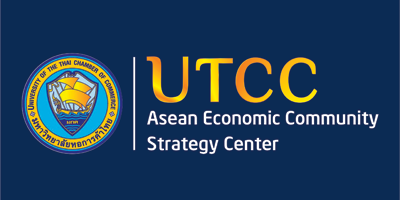Laos’ govt tightens spending to reduce debt burden
Laos’ government has announced that some new development projects planned for this year could be postponed until next year if Laos faces a revenue shortfall in 2017.
The government is also committed to tightening budget expenditure by trimming its administrative budget and, if they are considered to be non-essential, the government might not approve new development projects.
The move follows the government’s recent projection that only 96 per cent of the revenue targeted for 2017 will be collected.
According to a report from the Ministry of Finance, the budget deficit is projected to reach 9.34 trillion kip. If the money needed to repay debts owed on loans and bonds is included, the total deficit will soar to 15.93 trillion kip.
The suspension of new projects aims to cut spending and rein in the deficit, preventing Laos from being dragged into chronic debt.
Deputy Minister of Finance Bounchom Ubonpaseuth told Vientiane Times recently the ministry is striving to reach the revenue collection target approved by the National Assembly despite the challenges.
“Our government has put stronger measures in place to fight corruption and promote transparency, aiming to boost national revenue,” he said.
Deputy Prime Minister and Minister of Finance MrSomdyDuangdy told the ongoing National Assembly session that the government will adjust the budget despite the shortfall. – Vientiane Times
Vietnam eyes 4th
technical revolution
The Vietnamese mechanical industry will have more opportunities to improve their competitiveness if they apply technologies to meet the standards of the so-called fourth industrial revolution, experts have said.
Nguyen Van Thu, chairman of the Vietnam Association for Mechanical Industry (VAMI), said that the domestic mechanical industry had seen positive changes with higher revenue.
Sales from mechanical products earned during the last 10 years had jumped annually by over 20 per cent.
He added that many mechanical products like auto spare parts and electrical devices and machines had been exported to other countries which have their own brands sold in both domestic and foreign markets.
Mechanical products produced with high-technology equipment for cement plants and oil drills had been manufactured, he said.
Domestic companies recently poured billions of dongs to upgrade their technologies, which is expected to strengthen their capacity as well as improve competitiveness in foreign markets.
Speaking to Sai Gon Giai Phong (Liberated Sai Gon) newspaper, a representative from a technical company, said Vietnamese mechanical production skills were stuck in the second or third industrial revolution stage.
He said that the production was still weak due to shortage of technology, information and infrastructure. |– Viet Nam News
Future bright for private
investment in Vietnam
Grant Thornton Vietnam Limited’s 16th survey of the Vietnamese private equity sector showed largely positive economic progress and optimism for the country’s level of investment attraction.
As Vietnam is ranked the second most preferred destination for private investment in Asean, 78 per cent of participants in the survey reported a positive outlook in both the private sector and Vietnamese economy in general, which has increased by 23 per cent from last year.
Grant Thornton’s survey, released late last month, confirms that private equity investment this year will continue to have an important impact on the economy as a whole, with 72 per cent of surveyed foreign companies saying that they will continue to invest in Vietnam due to the country’s abundant, competitive and low cost labour and growing middle class consumption.
Newly listed private companies and State owned enterprises expect to yield remarkable opportunities in the private equity sector this year.
Eighty-seven per cent of responses show an anticipated increase in investment activity level in 2017; while 70 per cent forecast more buy-side than sell-side activities in the next 12 months, having increased by 14 per cent from 2016.
Fifty-two per cent expect state-owned enterprise equitisation to be the largest deals source after the government issued Resolution 35/NQ-CP to support enterprises till 2020. – Viet Nam News
Source: http://www.nationmultimedia.com/news/business/aec/30314826


 Thailand
Thailand




